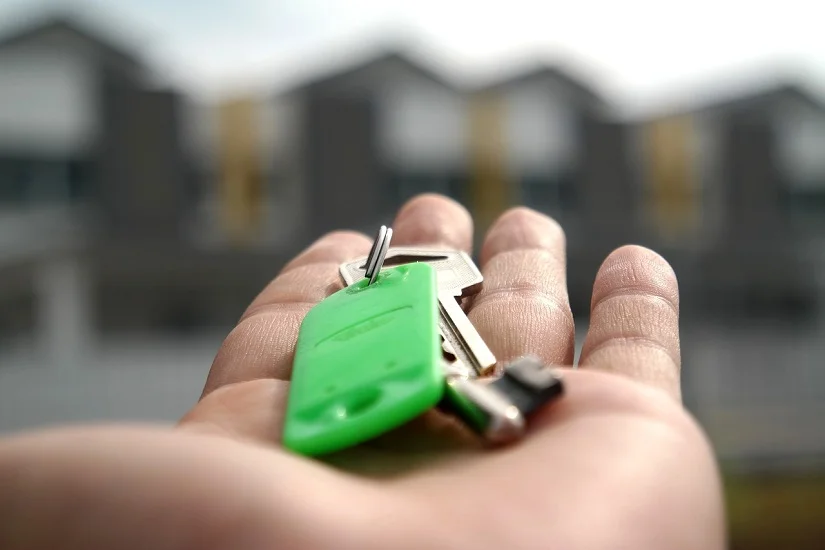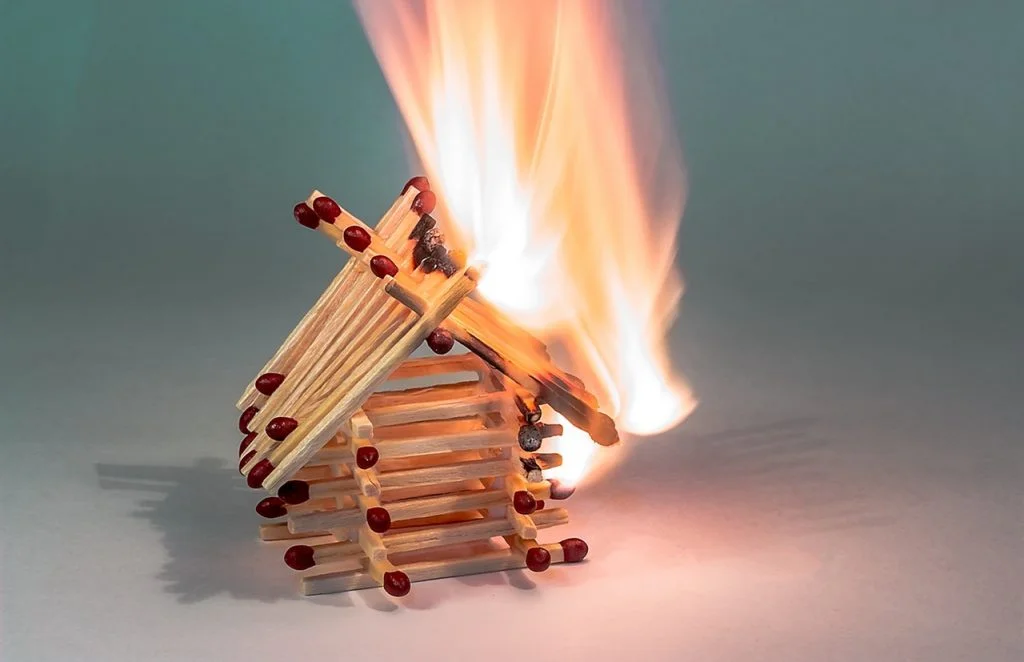Key Differences Between Fluorescent and LED Lighting When comparing Fluorescent and LED lighting there are a few major differences that the average home or business owner should be aware of. The first and most obvious of these differences is the lifespan and the energy usage, however both are considerably more energy efficient than traditional incandescent bulbs. The standard LED can last 6 times longer that a fluorescent light bulb, bringing it in…
3 Reasons Why You are Tripping Your Breakers
REASONS WHY YOU ARE TRIPPING YOUR BREAKERS
You have just renovated your kitchen. You feel like Gord Ramsay on fire when everything is working smoothly. Here’s the clincher. You have all these wonderful new stainless steel appliances and yet this upgrade has thrown the proverbial spatula in your ability to deliver a brunch masterpiece. Your sweet new appliances, while be it awesome, also require a great deal more power. For older homes that have not had their circuits and breaker box upgraded, means there is a chance that it is struggling to keep up with energy demand. This could be the reason why you are now overloading the circuits and tripping the breakers.
A circuit breaker will shut itself off to prevent further damage such as overheating or even an electrical fire. If you have aluminum wiring in your home this is even more of a concern for you. ( See ‘Aluminum Wiring Concerns in Older Homes’ ).
There are typically 3 reasons as to why a circuit breaker will trip or shut off:
1. Overloaded Circuit
Too many devices, gadgets or appliances being used at the same time on the same circuit that require a lot of energy to run.
Overheating appliance.
Resolution:
Move the plugged-in items that were on the overloaded circuit to another all- purpose circuit to even out the electricity demand on that circuit.
Unplug or turn off some of the devices or appliances that are on the overloaded circuit to reduce the electrical demand.
2. Short Circuit
This a more dangerous situation and requires the attention of an electrician.
You smell a burning odor.
Occurs when a hot wire ( black ) touches another hot or even neutral wire ( white ) in one of the outlets that you are using.
Check your outlets and plugs looking for brown/black discoloration.
Can be caused by a loose or poor connection in the box or receptacle.
3. Ground Fault
Similar to a short circuit, a ground fault will occur when the black ‘hot’ wire touches the bare copper ground wire on the side of a metal outlet box that is connected to the ground wire.
Should also have the attention of an electrician to confirm if there are other factors at play.
Always consult with a qualified and reputable electrical company if something doesn’t seem quite right. Wireworks Electrical Services Ltd. can assist you with the upgrade of your circuit breakers and breaker box.
We are available by phone at 780-289-1660, by email at ray@wireworksltd.com should you have any questions. Or click here to request a free estimate today.
Alberta Landlords: Your Rental Property. What you need to know.
Alberta Landlords: Your Rental Property. What you need to know. So, ok. You are a landlord. Awesome right? You have an investment for the future and possibly part of your retirement plan. For those who can go down this path, there seems to be a never ending balancing act of delivering needs vs. wants. So, let’s start by defining a want. Renters may want a clean, updated, open-concept living space with modern appliances, but …
Five Factors to Consider When Building a House
FIVE FACTORS TO CONSIDER WHEN BUILDING A HOUSE
There will be a few varying factors when considering building a home in an urban location versus a rural location. The 1st and most important thing to watch out for if you are on an acreage or rural location is water. Water for home use and the water drainage issue. If there is no water, for home use, then the cost of a well will be a factor. YOU NEED WATER. The second part of this to consider is the drainage. You can have the most beautiful well-constructed home and have problem after problem with water in the basement or flooding during wet years or heavy rainfall, including snow melt.
The second item to consider when building your home is that you will need to have good reputable contractors with a long history of work completed. Don’t be afraid to do inquiries on them. Check out their work first hand if possible, in fact, visit some of their finished work in person. Ask for references if necessary. Check them out the BBB. If there have been complaints filed, it will be there.
Anther factor to assess is the financial cost and affordability. With the interest rates and economic uncertainty one must do what one can afford. Job security and longevity is essential. It is a big commitment and it will determine your lifestyle. Building a home is planting your roots in a future and you are paying yourself in the end. You have equity and a future of more growth.
Location, location, Location! Your location is relative to where you work. The cost of property or lot to build upon needs to be evaluated. When comparing city living/suburban areas to an acreage or rural/farm, it may simply boil down to the best “bang for the buck”. If commuting is not a real issue for you to get to work, then the price may be based on that location.
Warranties on materials and labor are also important. The contractors need to prove that they will stand by their work and that everything meets code. Should there be issues, the timelines need to be clear on how long they will continue to provide follow up. Make sure they are credible. References do help here from past projects and sometimes you can tell by how they present themselves and how concerned they are with any issues that do arise - and there will always be hiccups or unforeseen issues that popup throughout the build process.
How your contractors deal with these 'things', no matter how small determines their integrity. If they listen and hear you, they are worth doing business with.
Contact us today at 780-289-1660 to discuss your options when building your new home. Our electrical experts are just a click away!
Aluminum Wiring Concerns in Older Homes
Aluminum Wiring Concerns in Older Homes Around the early 1950’s until late 1970’s many homes were constructed and wired with aluminum wiring versus today’s homes that are wired with copper. Taking into account that copper wire is a better conductor than aluminum, in order for aluminum wire to carry the same current as copper in a safe manner is must be larger in size. It is fairly easy to identify …






